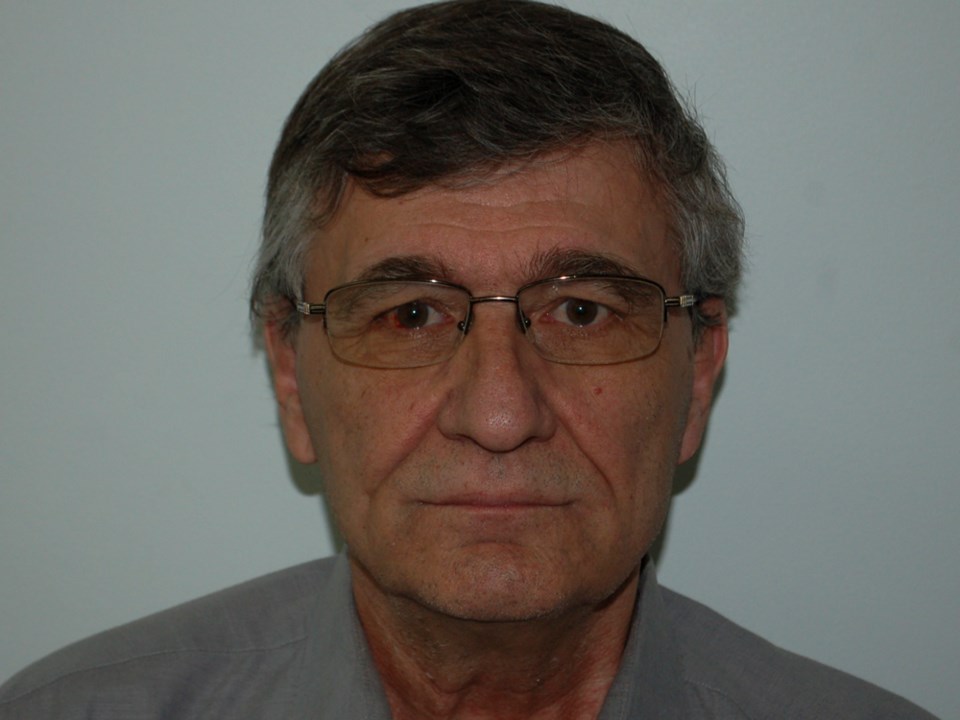There is a growing concern over the state of affairs in the Saskatchewan oil industry and a veteran of the oilpatch knows why and wonders what can be done to correct a growing problem.
“It seems the regulators have a zero budget for well cleanups which is now a self-regulated chore for the industry,” said Ken Gordey who predicts this could lead to some catastrophic results. Gordey has worked with and for both large and junior producers and within the oil service industry, so he has seen the oilpatch evolve in Western Canada.
With over 20,000 inactive wells, many of them slowly (some not so slowly) leaking hydrogen sulphide (H2S) and other noxious fumes, it becomes a steadily growing problem, one that is not С����Ƶ steadily eliminated.
With oil-producing companies fighting for survival, Gordey suggested one of the first items that might be abandoned would be proper well shutdowns and suspensions, thus leaving the environment in a more precarious position.
“We need rules and regulations that work and are enforceable,” said Gordey who stated a proper capping of a well can be carried out for as little as $5,000 to $10,000, and still be done properly. He’s in that kind of business, but he stated emphatically that “I’m not here to talk about a particular business, I’m here to talk about safety for families, for farms, for livestock.”
Closing inactive wells efficiently, he predicts, will become an even more complex issue in the province if some remedial action with enforceable regulations aren’t forthcoming, and he fears that just won’t happen with a self-regulated industry where the big boys set the pace. He states some of the current worst offenders are the bigger producers.
“If the Saskatchewan government doesn’t have rules for suspensions or abandonments, and they’re going to leave it up to the industry, well, I guess it would be like letting the fox run the henhouse,” Gordey said. “Thirty per cent of the oil companies can’t pay their bills right now. Are they paying their royalties? Are they cleaning up their messes?”
Gordey said some large producers have taken responsibility and care in closing or suspending their wells properly, so just С����Ƶ big, doesn’t mean they are automatically С����Ƶ careless.
“This province took a big step in carbon dioxide recovery. That was a great thing for the province, but now we need to clean up the rest.”
Gordey said farmers living near suspended or abandoned wells may very well be situated too close to holes that are leaking H2S at an unhealthy rate. Two hundred parts per million is acceptable, but in some instances, he said, the leaking rate exceeds more than 1,500 parts per million.
He said he attended one seminar regarding well clean up, and ended up just quietly shaking his head and walking out, figuring Saskatchewan was heading down the same poor path that Alberta took, and the North Dakota’s situation was even worse, he figured.
“There are side effects to H2S, and at it’s worst, unregulated, it can kill you and if we believe the feds are going to step in and save the day … not a chance. We have to move forward with what we can do, push the companies that aren’t doing at least what their own regulations tell them to do, and push them to push the others to clean up, so that the ratio of unsafe abandoned wells isn’t larger than those producing. Right now though, the self-regulating regulators can write up all the guidelines they want, but they won’t pay the price of non-compliance.”
Gordey said he knew similar circumstances erupted following the first major oil boom in Saskatchewan in the 1960s and again in the latter part of the 1980s and it could easily happen again.
“I really thought they were on top of it, all the environmental issues, but they’re not and the poor farmers, residents and animals are out there not even knowing the H2S is coming. I know I’m just one person, but I can’t quit worrying about it, whether it’s fracking using bacteria-laden water, leaving products in the ground that can’t be recovered, gas conservation and H2S. The regulators need the power to shut stuff down and put caveats on them.”
Gordey said it’s a double-whammy hammer people like him are facing right now due to the fact the provincial government is heading into a campaign, likely with no burning desire to talk about unsafe wellheads and an industry that is already in trouble, while people like him are suggesting they spend diminishing financial resources on health and safety issues.
“Big oil is still shaking our tail, even though we have a diverse economy. Some are great corporate citizens, others aren’t. The industry has made, and is making, millions and billions off Saskatchewan; but some of them will end up insolvent and we’ll be asking where our royalties went and what happened to the safety regulations? We’re just waiting for the Bakken bankruptcies. The Energy Conservation Board that used to have at least a little clout, has none. The companies don’t even have to hide behind regulations because there are none, there is some stroke from the industry, but no real power. Big oil is raping us again,” Gordey said in conclusion.




